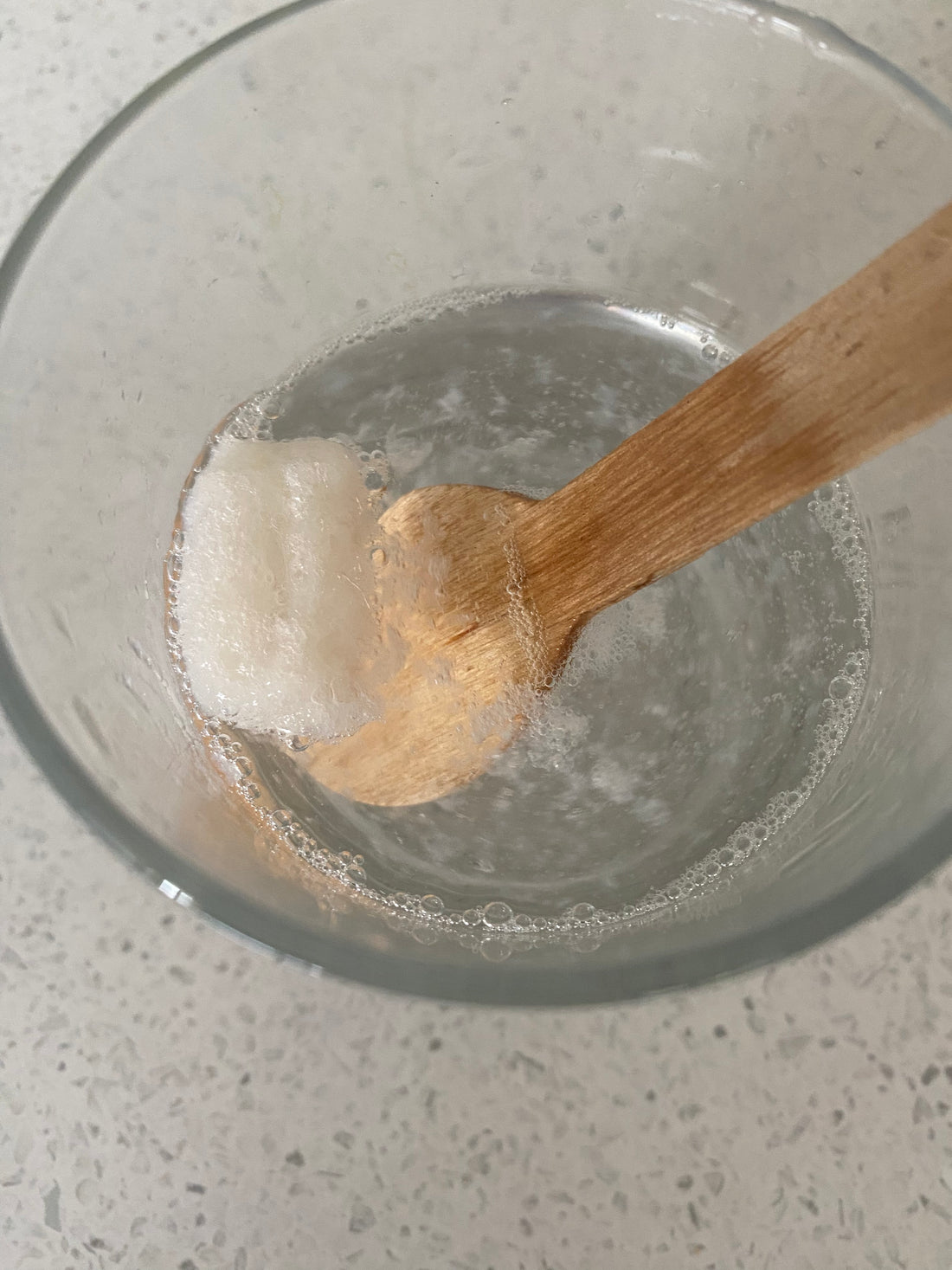
Reducing impact of petroleum derived products with starch packing peanuts
Reducing the impact of petroleum based products on our environment, such as found in PVC and Polystyrene, can only have good outcomes for our planet!
Let's look at sustainable practices and the use of packaging material and compare the impact of Polystyrene waste versus Starch based packing peanuts.
What are packing peanuts?
They’re the inch-long, puffy pieces that protect fragile things like pictures frames and cups from breaking when they are shipped long distances. There are two kinds of packing peanuts: those made of starch, which is easy to break down, and those made of polystyrene, which is hard to break down, and becomes brittle and leave behind a trail of microplastics, that take over 1000 yrs to break down.
The starch based packaging dissolves, allowing the carbon dioxide within the peanut to escape into the air, making the peanut much smaller and softer until it breaks down in water and completely disolves.

How can we reduce the impact of petroleum based plastics on our environments?
Again it is all about reuse and reducing of plastic waste! With more than 8 million plastic ending up in our oceans each year, plastic pollution has become one of the largest and most significant threats to our environment. Over the next two years more stringent regulations regarding the disposal of industrial/manufacturing waste, has created a need of plastic alternatives and plastic recycling, which has helped to slow the production and use of new plastics.
We're doing better through reuse and keeping petroleum based products out of waste, yet even better is that we should think of alternatives. This is what many businesses are now doing with using plant based compostable products for packaging.
Packing peanuts that are biodegradable and are made from naturally derived starches like wheat and cornstarch, are a great alternative to petroleum based polystyrene. They are entirely plant-based, biodegradable and these packing peanuts will dissolve in water and can be can be thrown into your compost piles after a single use.

Leaving behind no toxic residue, chemicals, or microplastics and they're reducing the use of petroleum-derived products which is fantastic for our marine life and waterways!
